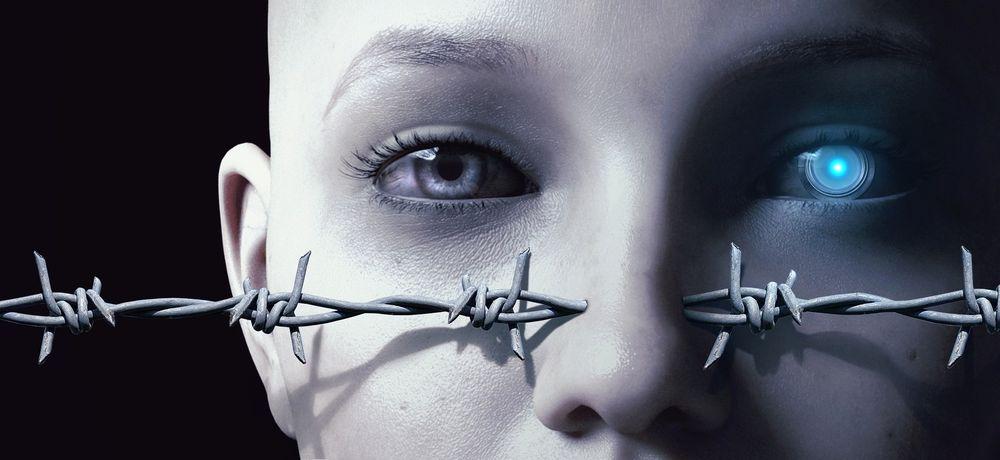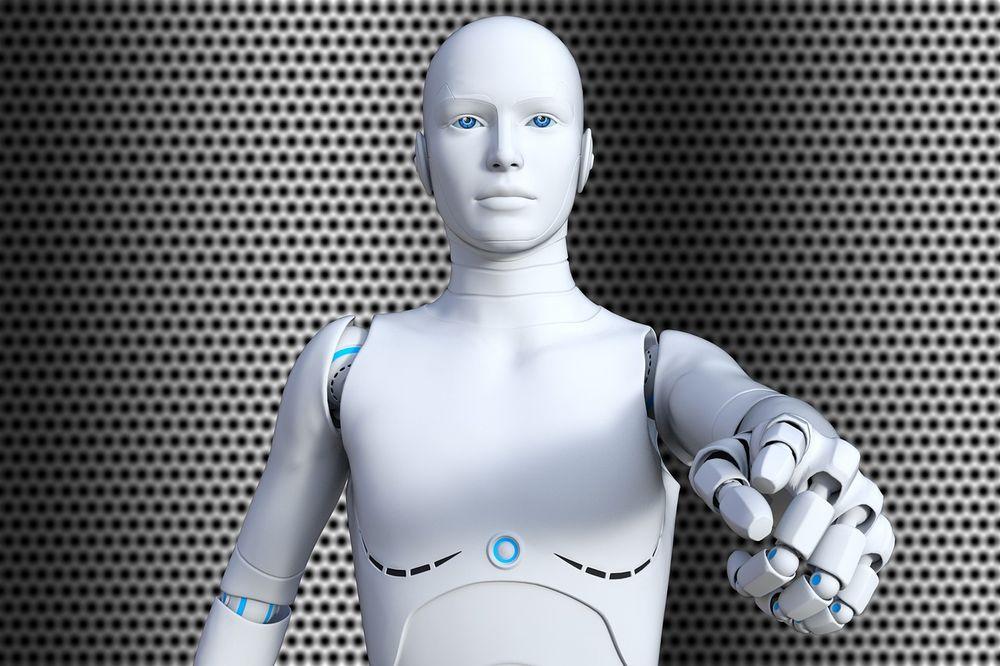Robotics is progressing and we are getting closer to finding a future like the one imagined in science fiction. However, the community of scientists, philosophers and other professionals seems determined not to allow robots to have rights. But is it the right decision or are we exposing ourselves to end up like in the movie I, robot?
Robots are among us today. In some countries there are humanoid-looking robotic entities in all kinds of jobs, as well as others that look less human. And although they are not intelligent, with the progress of AIs it is believed that this is simply a matter of time. For this reason, the great minds of the world are urged to take into account the importance of not establishing rights for robots and thus avoiding some of the events that can be seen in series and films on this subject.
Robots as an inferior species
That is what is proposed. We have spent many years seeing how all kinds of professionals talk about the dangers of artificial intelligence. Because if humanity has created humanoid robots that can even walk, give hugs or perform tasks, such as lifting heavy weights with their arms, the only thing that could be missing for them to be dangerous is that they could think. But it is obvious that the place that AI is taking us is that these systems are introduced into robots and that they are no longer available simply with online programs such as ChatGPT.

At that moment, when we can already meet a robot that walks on the street and with which it is even possible to have a conversation, is when the possibilities of giving these robots certain rights will begin to be discussed. We know that this will happen sooner or later and that there will be pro-robot activists who will fight to defend them and make “their life” easier. But this study that has appeared in Communications of the ACM, published by the Association for Computing Machinery, wants to make decision makers think so they don’t make a mistake.
Philosophy has the answer.
The curious thing is that, to defend their arguments, those responsible for this study against the rights of robots have resorted to philosophy and, especially, to Confucianism. They specifically say that robots should not be given rights, but instead what humanity should do is regard them as rite bearers. The concept finds its origin in Confucianism and, according to Tae Wan Kim, the professor leading the published study, it would be a better way to show that people respect robots.
To understand what is being proposed, it is important to briefly summarize the basis of Confucianism. This philosophy talks about how people complete themselves and achieve harmony when they collaborate and help others. A social and collaborative attitude is encouraged instead of a selfish one. To achieve those goals of Confucius’s teachings, people have to participate in rites that help them become better.
So far is the concept as it applies to humans. The professor says that, for the robots, the objective would be to make the robots have a series of marked objectives, some rites that they had to fulfill from their internal programming. These rites would be understood in a real context outside of philosophy as tasks or obligations that the robots would have to apply in harmony with the rest of the robots and with the people themselves. But these types of behavior and existence goals would have to be defined by people and ensured that they fall within the logic of what society wants for robots.

At the same time, the study points out that an artificial intelligence that is specialized in applying teamwork activities would be necessary, because that would be what would help the robots to be in harmony and in tune both among themselves and among people. But, as he indicates, it would have to be a very powerful AI that had a great ability to mimic humans. And although it specifies that it would be in those specific actions in which it would have to imitate it, what prevents something from happening, the system ending up deviating from the expected line and imitating humanity in other behaviors?
Doubts mount, but Tae Wan Kim and his team insist that robots should not be given rights, because that would end up becoming a danger to human society as we know it. However, his option does not seem exactly safe, no matter how much, within a work context, it has a certain logic. The future of AI and robots sounds worrying, but we will have to wait and see what finally happens.













